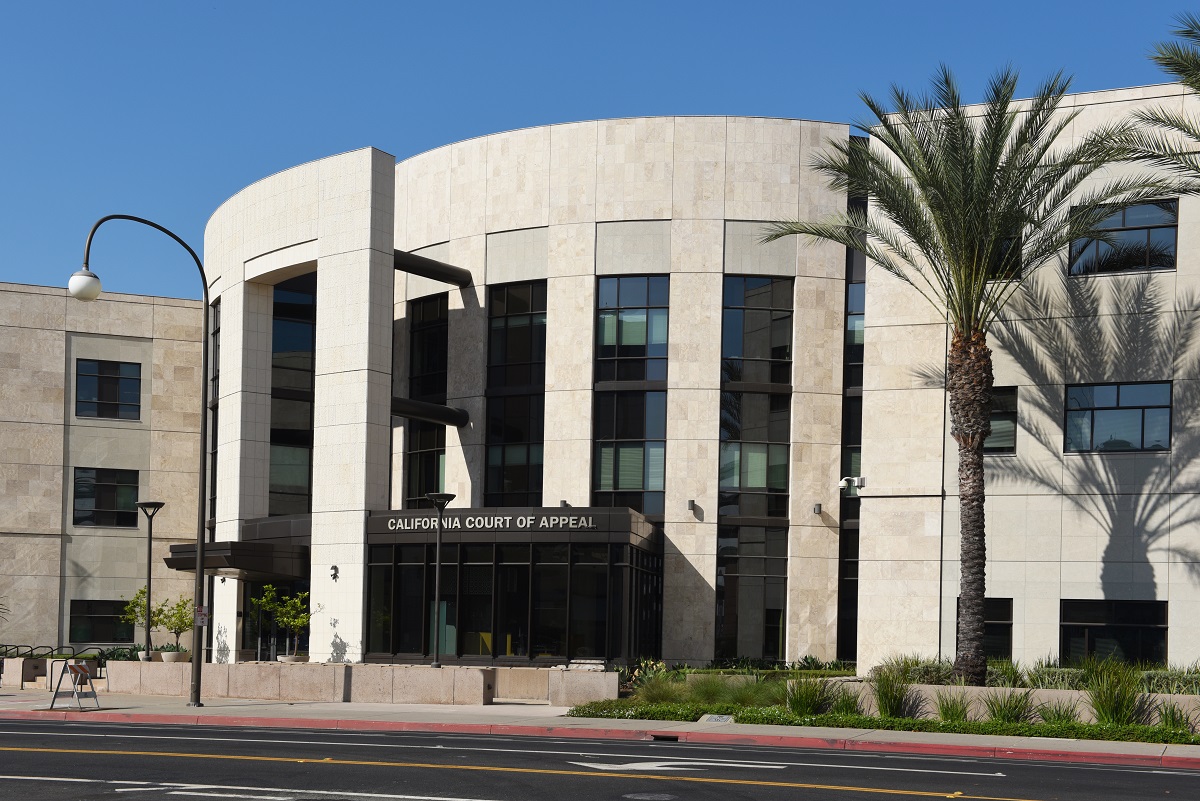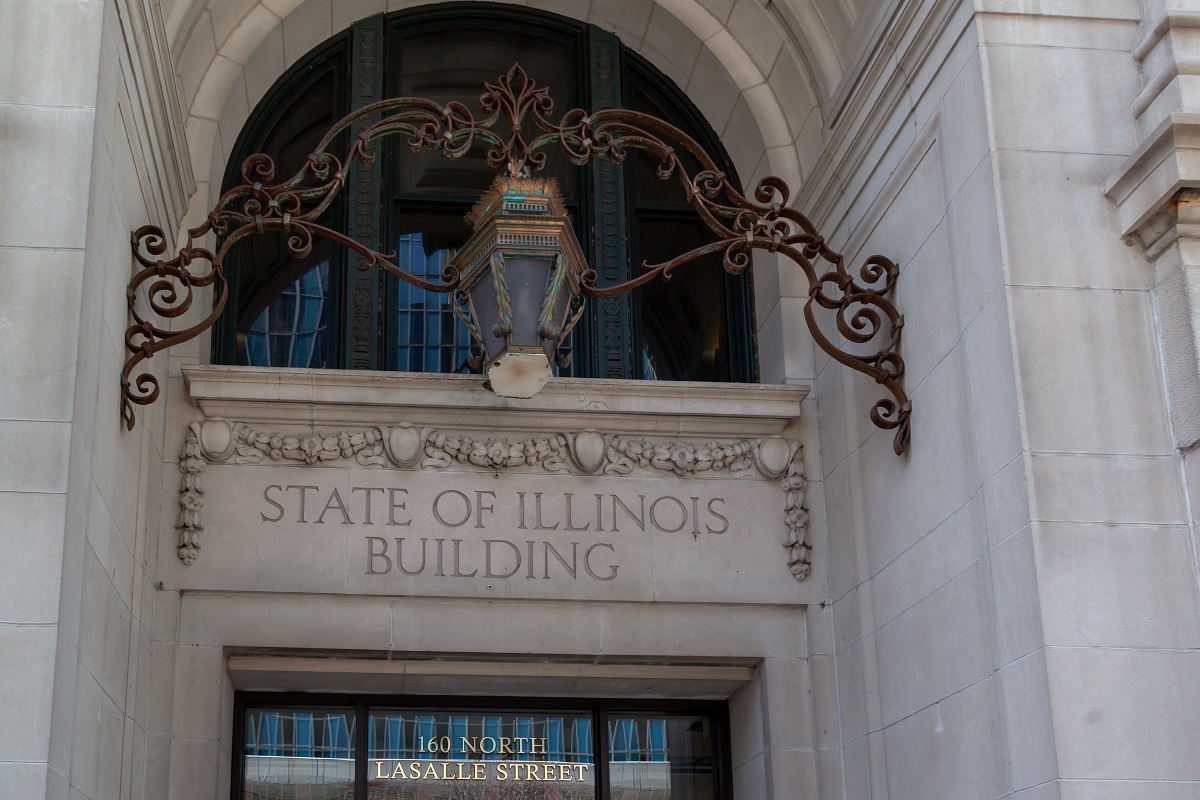The U.S. Court of Appeals for the Eighth Circuit recently affirmed the dismissal of several conversion claims brought by the estate of a deceased account holder against a bank, holding that one of the conversion claims was time-barred, and that the estate did not have standing to pursue the remaining conversion claims as the alleged injury was not fairly traceable to the bank.
Posts published by “Jacob C. VanAusdall”
Jake VanAusdall is Senior Counsel in the Nashville office of Maurice Wutscher LLP. He practices in the firm’s Consumer Credit Litigation and Commercial Litigation groups predominantly representing financial institutions. Jake also has substantial litigation experience representing clients involved in intellectual property, construction, contract, and business disputes. Jake has been recognized as a “Mid-South Super Lawyers – Rising Star” in the area of Business Litigation (2018-2022), and is a former member of the Tennessee John Marshall American Inn of Court. For more information, see https://mauricewutscher.com/attorneys/jacob-vanausdall/
7th Cir. Rules Dispute Sent Through Wrong Channel Gave Rise to Valid FDCPA ‘Bona Fide’ Error Defense

The U.S. Court of Appeals for the Seventh Circuit recently affirmed a trial court’s summary judgment ruling in favor of a debt collector asserting a bona fide error defense to an action under the federal Fair Debt Collection Practices Act.
The Appellate Court of Illinois, First District, recently held that a trial court should not have rejected a borrower's attempt to vacate two different foreclosure judgments against him on the grounds of defects in service of process in those actions.
The Appellate Court of Illinois, First District, recently affirmed a trial court’s order denying a tenant’s emergency petition to vacate an eviction following a foreclosure action.
The Court of Appeal of California (Fourth District) recently reversed a trial court’s dismissal of a putative class action alleging a solar energy system provider violated the Rosenthal Act, California’s parallel version of the federal Fair Debt Collection Practices Act.
The U.S. Court of Appeals for the Ninth Circuit recently affirmed the dismissal of a consumer’s California consumer protection claims based on a consumer survey that purported to show that certain product labels were deceptive.
The U.S. Court of Appeals for the Seventh Circuit recently affirmed the dismissal of a debtor’s federal Fair Debt Collection Practices Act lawsuit for lack of Article III standing. In so ruling, the Seventh Circuit held that the debtor’s hiring an attorney and paying an appearance fee, as well as alleged confusion, lost sleep, and emotional distress, were not sufficient to meet the requirements of standing.
In an appeal involving a Chapter 12 bankruptcy, the U.S. Court of Appeals for the Eighth Circuit recently affirmed that the borrower’s use of the 20-year treasury bond rate sufficiently ensured that the total present value of future payments to the lender over the plan period equaled or exceeded the allowed value of the claim.
The U.S. Court of Appeals for the Ninth Circuit recently reversed a trial court’s $1.7 million attorney fee award to plaintiffs' counsel in a class action because the fee award was not proportional to the amount recovered by the class members.
The U.S. Court of Appeals for the Ninth Circuit recently held that the owner and subscriber of a phone number listed on the Do Not Call Registry suffered an injury in fact sufficient to confer Article III standing when unwanted text messages were sent to the number in alleged violation of the Telephone Consumer Protection Act, even when the owner and subscriber was not the actual user of the phone.
The U.S. Court of Appeals for the Sixth Circuit recently held that a single ringless voicemail is enough to confer standing to a plaintiff under the federal Telephone Consumer Protection Act.
The Appellate Court of Illinois, First District, recently rejected a borrower's arguments that his breach of a forbearance agreement was immaterial, and that the lender was attempting to use the breach for an improper purpose by attempting to recover substantially more than the amount to which it was allegedly entitled.











